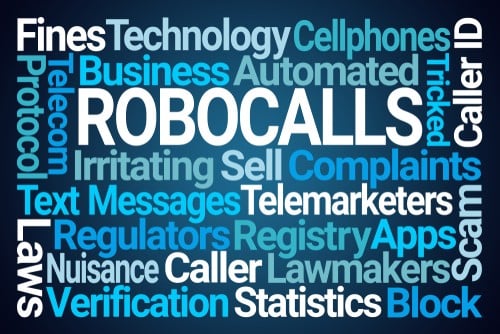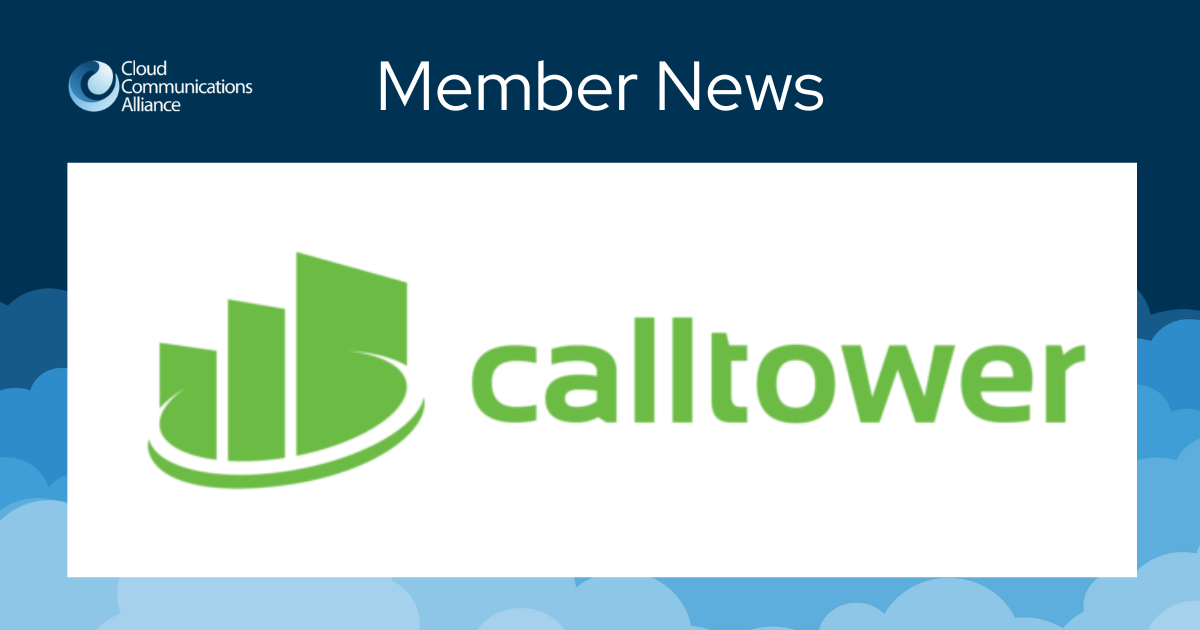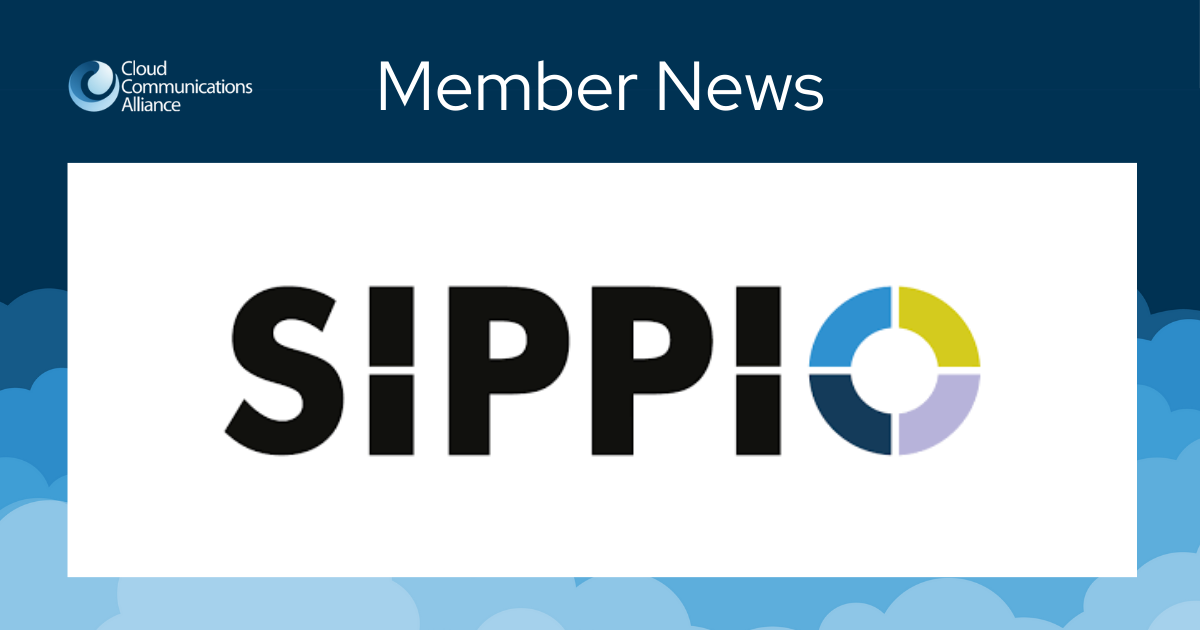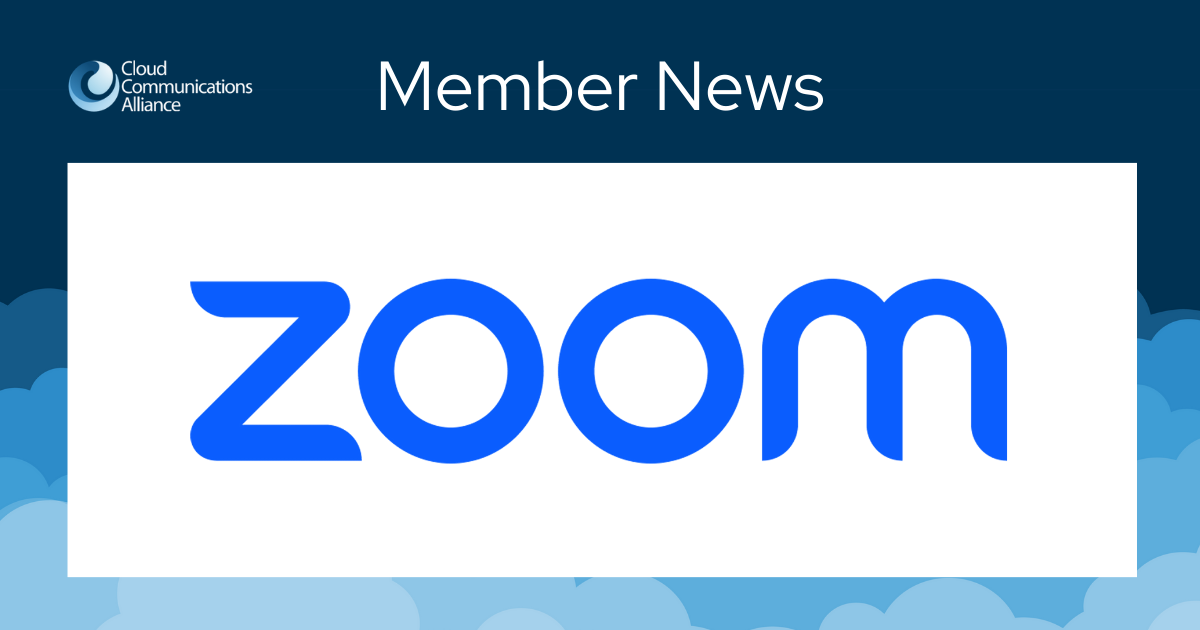New Rules on Robocalling

The following new affirmative obligations applicable to all voice service providers that originate calls will take effect on May 6, 2021:
- Voice service providers must take affirmative, effective measures to prevent new or renewing customers from using their network to originate illegal calls, including knowing your customer and exercising due diligence in ensuring that their services are not used to originate illegal traffic; and
- Voice service providers must respond in a timely manner to law enforcement and industry traceback consortium (the USTelecom Industry Traceback Group) traceback requests.
Also taking effect on May 6, 2021 are new rules for providers that terminate traffic and engage in call blocking or that will use STIR/SHAKEN call authentication information in making decisions on how to deliver traffic. These providers must: (1) provide a single point of contact readily available on their website for receiving complaints about erroneous call blocking; and (2) resolve claims that the calls being blocked are legitimate calls within a reasonable time and at a minimum provide a status update within 24 hours.
Beginning on May 6, 2021, terminating providers that wish to block calls at the network level without informing their customers will be protected from liability from claims under the Communications Act provided that they comply with enumerated requirements including the use of reasonable analytics to determine that the calls are highly likely to be illegal, that there is human oversight of the blocking program and that their end user customers are informed of the blocking.
Obtaining Tokens to Sign Calls
As the June 30, 2021 deadline for implementing STIR/SHAKEN approaches, CCA provides this reminder of the criteria for obtaining the tokens needed to sign calls.
Criteria for Obtaining Tokens to Sign Calls
Voice service providers that wish to sign and attest to the authentication of the calls that they originate under the STIR/SHAKEN framework must first apply to the STI Policy Administrator (PA) to acquire a Service Provider Code (SPC) token. The STI-PA will vet each service provider applicant against rules set by the STI Governance Authority (GA).
Current Criteria – 499s, OCNs, and Direct Numbering Access
Until the FCC deadline for service providers to register with the to-be-established Robocall Mitigation Database, which will occur at some point after June 30, 2021, service providers must meet the following three criteria:
- Have a current form 499A on file with the FCC
- Have been assigned an Operating Company Number (OCN)
- Have direct access to telephone numbers from the North American Number Plan Administrator (NANPA) and National Pooling Administrator (NPA)
For interconnected VoIP providers, obtaining direct access to numbering requires approval from the FCC. CCA’s robocall guide available to members on the CCA website, describes this approval process.
New Criteria – 499s, OCNs, Registering the Robocall Mitigation Database
Based on concerns raised by CCA and others that some VoIP providers do not qualify as interconnected VoIP providers or that some providers chose as their business model not to obtain numbers directly, the STI-GA revised the criteria. The new criteria will still require providers to have a current 499A on file and have been assigned an OCN, but instead of requiring direct access to numbers, service providers must have registered in that database. As noted, the new criteria will take effect once service providers are required to register with the Robocall Mitigation Database. The new criteria are as follows:
- Have a current form 499A on file with the FCC
- Have been assigned an Operating Company Number (OCN)
- Have certified with the FCC that they have implemented STIR/SHAKEN or comply with the Robocall Mitigation Program requirements and are listed in the FCC database.2
How to Obtain an OCN
A company code is a unique four-character code that identifies a service provider. OCNs are used in mechanized systems to exchange information relating to matters such as routing or billing.
As explained in CCA’s STIR/SHAKEN guide, OCNs may be obtained from the National Exchange Carrier Association or NECA. Instructions and forms for applying for an OCN may be obtained here. OCNs are assigned by type of service. VoIP providers fall under the category of Internet Protocol Enabled Services or IPES. To obtain the code, IPES providers must provide legal documentation, such as articles of incorporation, as proof of existence. IPES providers must also provide proof that are providing service and that they have customers, for example by providing interconnection agreements or customer contracts. There is also a small fee of $425 per code for standard processing (codes are assigned within 10 business days) or $550 per code for express processing (codes are assigned within 3 business days). IPES providers are assigned a single nationwide code. Obtaining an OCN does not result in the imposition of any particular regulatory obligations.
Closing thoughts
These rules are among those adopted by the FCC at the end of last year. Other rules adopted at the time will take effect in the future.
Providers are encouraged to consult with their outside counsel or contact the CCA regulatory committee if they have any questions.


